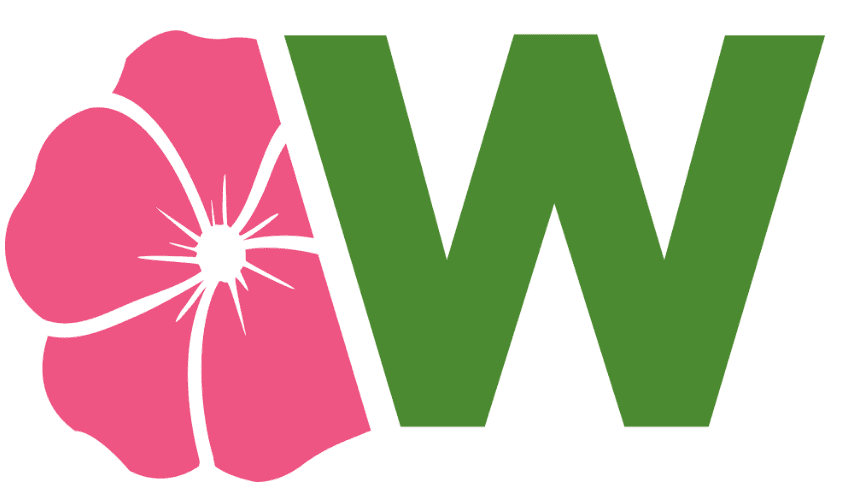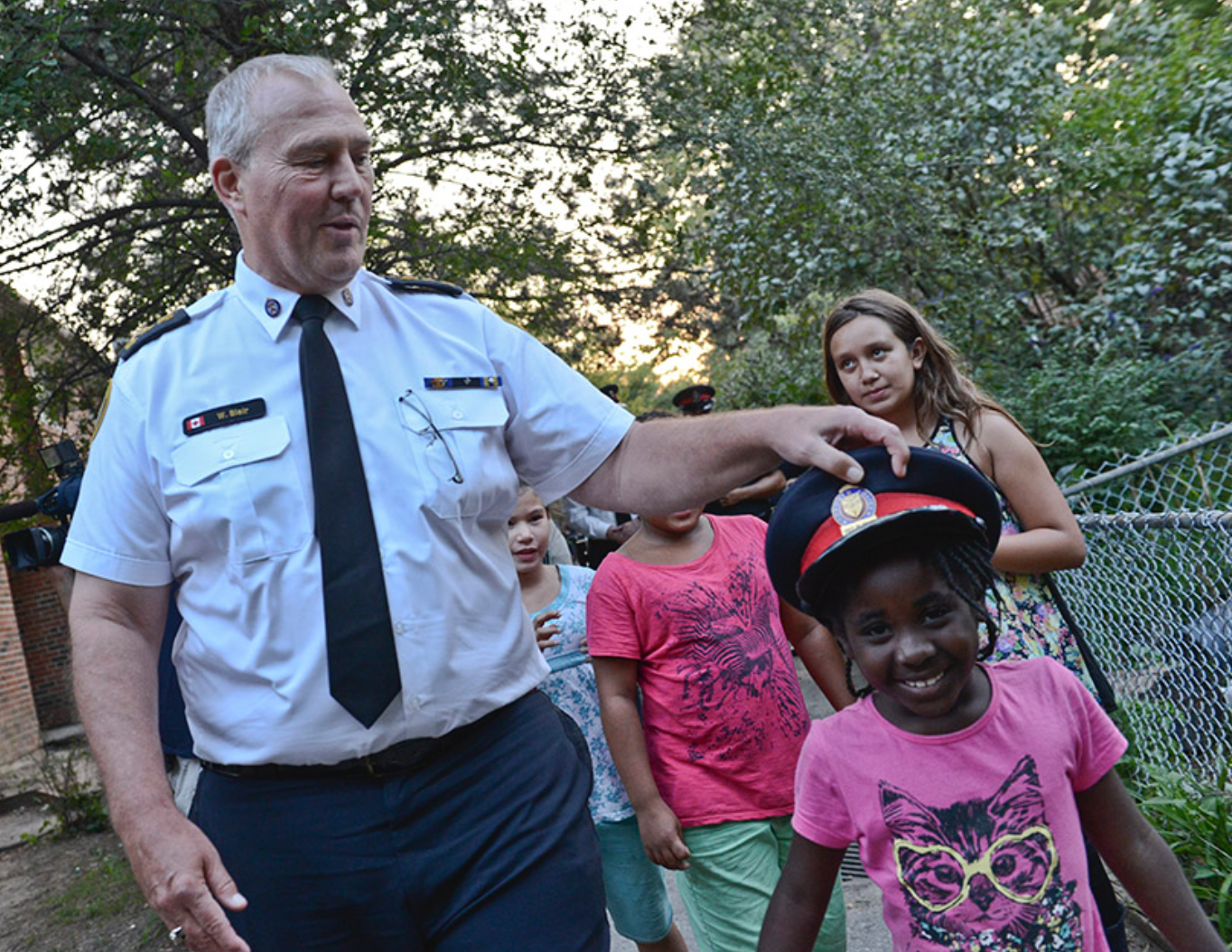Plenty of Albertans and their businesses are leaning heavily on aid from the federal government to get through the Covid-19 crisis.
So it seems an unlikely time to be organizing a new Alberta separatist party. Surely there's no appetite for independence when, for once, all Canada appears to be pulling together to fight a common pandemic foe.
But organizing a political party is not the same thing as mobilizing a populist movement. And our four year election cycle leaves time for western alienation to rise again.
On June 29th, members of the Freedom Conservative Party and Wexit will vote on whether to merge and form the Wildrose Independence Party of Alberta. The drive for unification has been percolating for about nine months, say proponents.
The reboot of the Wildrose name has already been recognized by Elections Alberta as a reserved party name. The process for the vote is well laid out online vote the 29th, interim board names an interim leader and party board the next day, founding convention within three months.
Apparently the disgruntled right has moved on from yellow-vest trucker convoys and loud community hall rallies.
Maybe the timing is actually genius. The greebly details of creating a party are a bit like sausage stuffing you don't need to know the whole process to have an appetite for the end result.
So the right edge of the spectrum has breathing room to get its ducks in a row while government and general populace alike are preoccupied with pandemics and economic collapse.
There's three years to an election, plenty of time to finish up the organizing and whip up support.
The bubbling activity on the right hasn't been lost on Premier Jason Kenney.
The continuing health of his United Conservative Party is dependent on keeping those voters likely to support western independence in the party tent. Picking a fight with Ottawa has been a sure vote getter for Kenney and he used it extensively during the 2019 election, calling out the Liberals over equalization and stabilization payments, lack of action on pipelines and failure to pump bucks into the faltering oil sector.
But the Covid crisis and the province's economic meltdown has hampered his ability to give full throat to anti-Ottawa sentiments. It's tough to argue the central government is doing nothing for the hinterland when the federal funding taps are full open.
The Fair Deal panel, one of Kenney's strategies to vent some of the separatist pressure, particularly in rural Alberta, has delivered its report to the government but the results are waiting for the worse of the Covid crisis to abate.
In the meantime the UCP is crafting a clutch of bills in the legislature designed to play to the right-wing base. One bill loosens up the rules on home schooling and charter schools. Another established a provincial parole board with a nod to mounting calls for tough action on rural property crime.
The province is also pushing back against the expanded gun control measures recently instituted by Ottawa.
But dealing with provincial autonomy in a big meaningful way, like a provincial police force or an Alberta-owned pension plan, would require huge amounts of money to set up independent institutions and bureaucracy.
Even trying to match the level of independence Quebec has wrestled from confederation would be impossible for a province crushed by the double whammy of collapsed oil prices and pandemic.
That could be one reason the Fair Deal document is sitting on a shelf at the moment as the UCP try to figure out how to satisfy the clamour for more provincial independence with no financial resources.
The independence parties in the last election offered no threat to the UCP, garnering negligible numbers at the polls. But right-wing voters in the next election might want to flirt with a shakeup and bleed off some of that UCP majority, particularly if the economy remains in the doldrums.
The inclusion of Wexit, with its avowal of independence as the ultimate and inevitable solution to Alberta's problems, will turn off some voters. But the new Wildrose Independence Party quietly coming together on the conservative fringe may have enough support to damage the UCP.
Kenney is already juggling a lot of issues, but he will need to get the new one being lobbed from the right into the air pretty quickly.
Photo Credit: Western Standard








